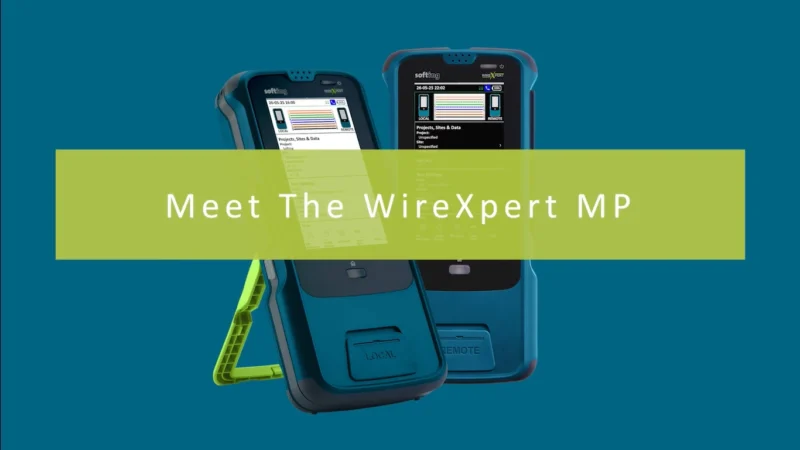The Word-of-Machine Effect and Its Impact on Data
Data drives decisions of the worlds largest companies but in a world with constant data, how do you make sense of it? Host TC Riley, puts the world under the lens of data and analytics and explores current news, B2B trends, and popular topics.
Ever tried a restaurant based on a recommendation? We’ve got a word for that you’ve probably heard – you made your choice based on word of mouth, or another human’s belief that the experience would be worth your time.
But what about the word-of-machine effect?
Essentially, the word-of-machine effect is a term that’s been coined to describe times when, in today’s ever-advancing society, humans choose to believe artificial intelligence over the word of other humans.
In particular, innovation in the realm of AI has opened up new doors for corporate enterprises and governments to leverage it at scale – but do and should we really trust it?
In this episode of Diving into Data with host TC Riley, Riley explores the word-of-machine effect and the impact on the way we view data. A study in the Harvard Business Review found that there was a difference in what humans trusted depending on if they were asked to take a recommendation based on utilitarian or hedonistic (more human, experiential and sensory) aspects.
So, what implications does this effect have for data and analytics? More than anything, Riley said, it means that analysts should be acutely aware of this inherent bias and work to actively combat it. By forcing consumers to consider alternative viewpoints, you can help them recognize bias in their decision-making – and, likewise, you can work to ensure your organization balances the influence of analytics and intuition or experience.










